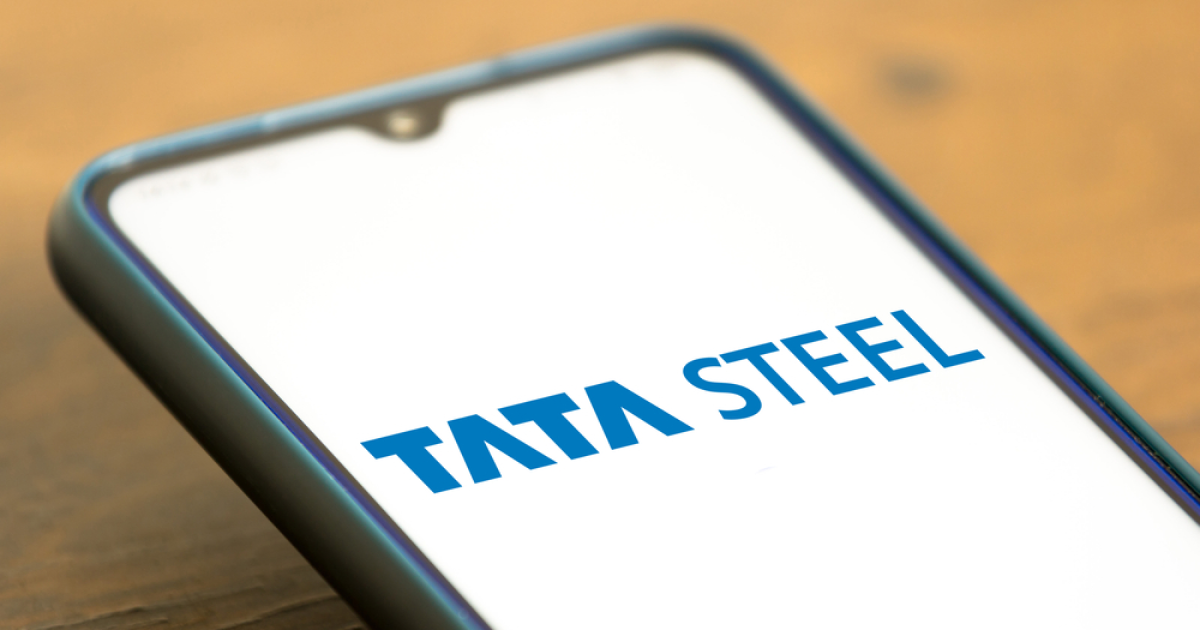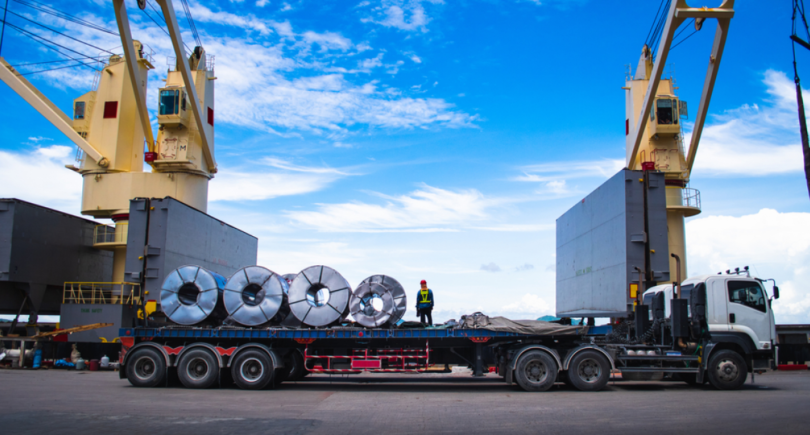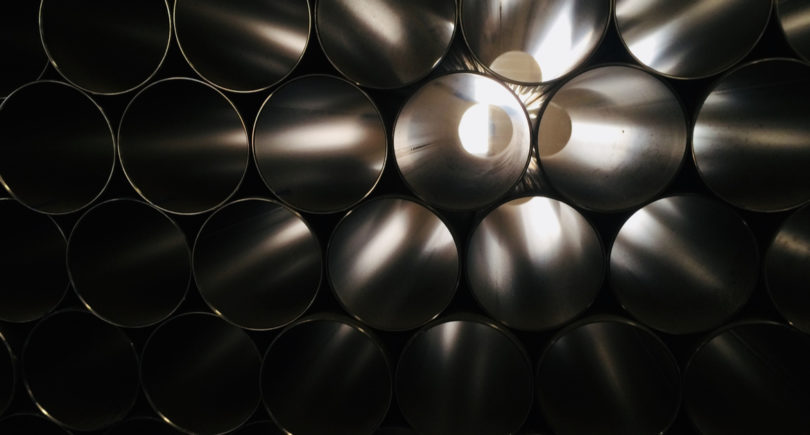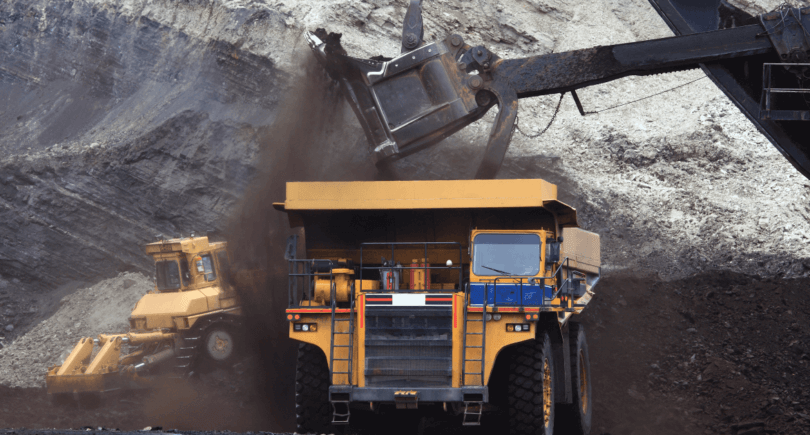
News Global Market decarbonization 4204 03 April 2024
EU steel producers, in the midst of technological change, find themselves in a difficult situation
European steelmakers are in a difficult situation, as they are in the midst of investment-intensive technological change for an energy transition in an environment of economic weakness. In addition, the industry needs to better explain the path to decarbonization to the public. Tata Steel Vice President Henrik Adam said this in an interview with S&P Global.
According to him, the situation for the European steel industry as a whole is not easy. It has always been at the forefront of the world, but now it is the only region that has shown a decline, while others have grown or remained stable.
«No one can tell me that this is because of a bad structural set-up. It happened because of a combination of cost, export restrictions of other markets and an open market in Europe. Europe had capacity adjustments where it was not economically viable to produce. Other economies decided differently,» Adam said.
The Tata Steel CEO reminded that the surplus of materials is still coming to Europe. He noted that the European Commission is in favor of open trade, but the current situation for the European steel industry is alarming.
«The question is if politics wants to act decisively to change the situation. It cannot be expected that the industry comes together as a conglomerate, which is not desired anyway if you look at merger control examples,» he said.
Tata Steel and Thyssenkrupp tried to set up a joint venture in 2019, but the EC blocked the move under the EU Merger Regulation.
Henrik Adam believes that what the industry needs to do better is to explain to the public why a functioning steel industry is needed and why it needs to be done in a certain way. In his opinion, other industry sectors have done a better job of this.
«There is no energy transition without steel. No transformers without steel, no electric vehicle without electrical steel, no wind turbines. This needs to be explained,» said the Tata Steel CEO.
Adam also spoke about the challenges associated with the decarbonization of Tata Steel Europe’s plants in Eijmuiden (Netherlands) and Port Talbot (UK).
The company plans to invest about £750 million ($950 million) in Port Talbot, while the investment costs for the Eijmeyden plant have not yet been made public. The companies have various plans to reduce CO2 emissions from steel production. In particular, Tata Steel has changed the concept for its plant in the Netherlands several times.
According to Tata Steel’s vice president, the company is in talks with the Dutch government, which is still being formed, the European Commission on plans for that country, and the UK government on Port Talbot. He notes that it is necessary to explain the technological path in a rational and economical way, as it is well known that large investments are needed.
«The requirements that politics have set can only be met when subsidies are released for investments while the situation of energy costs need to be clearer amid the current economic situation,» Adam said.
As GMK Center reported earlier, the Dutch government has expressed its readiness to help accelerate the decarbonization of Tata Steel Ijmuiden and provide subsidies for relevant projects if the company can accelerate its plans.




